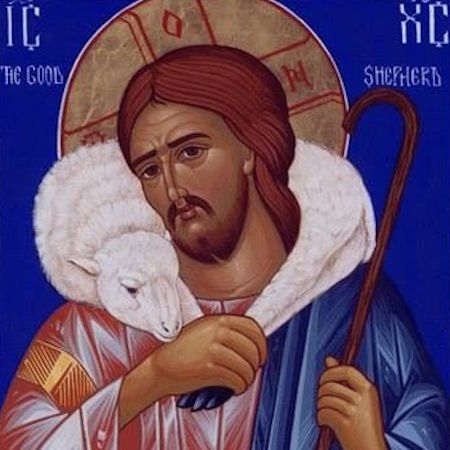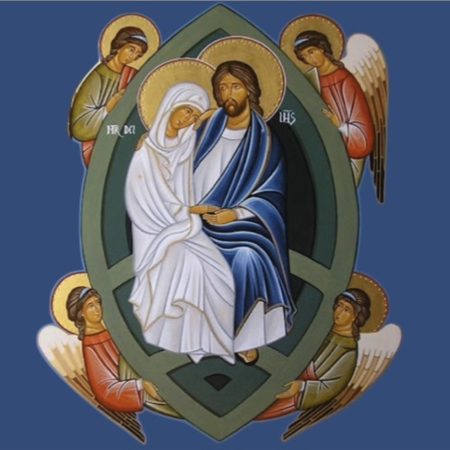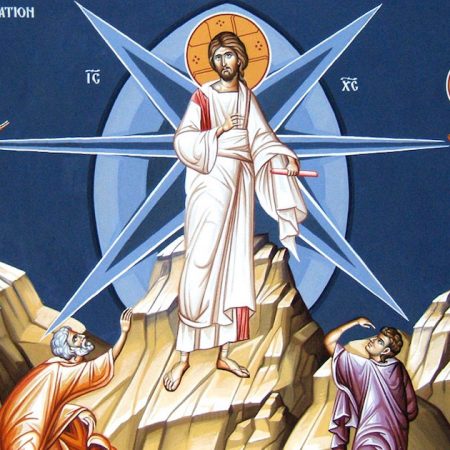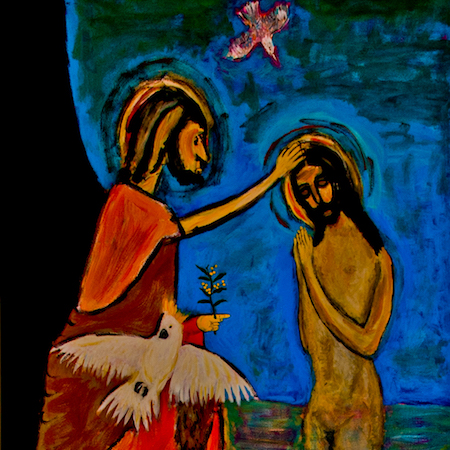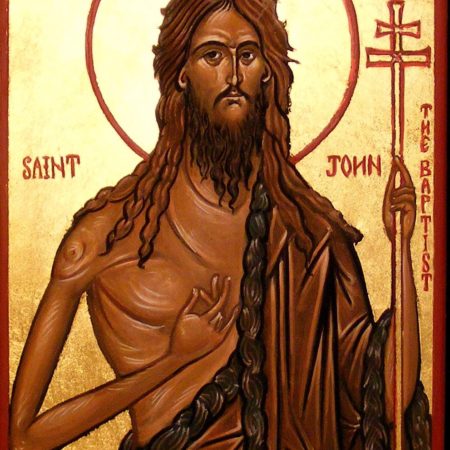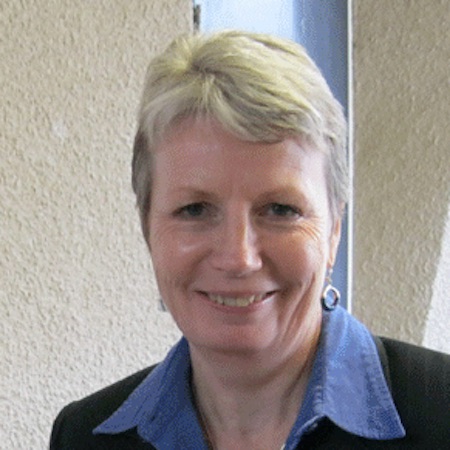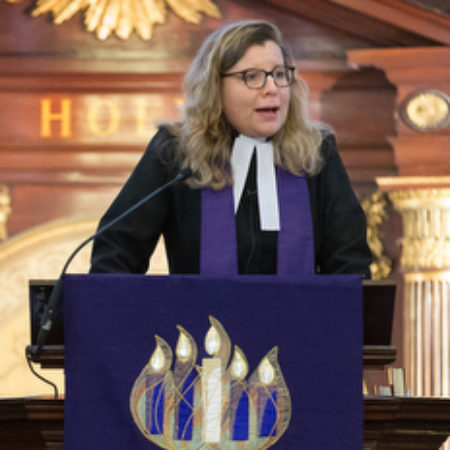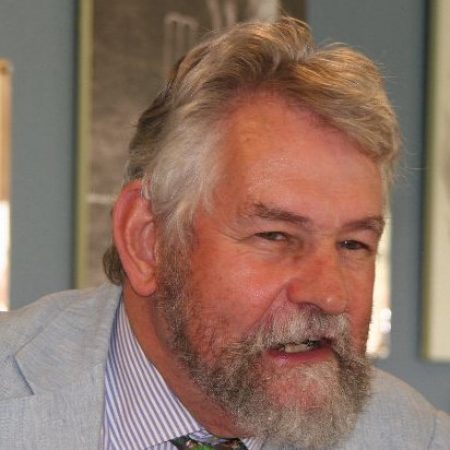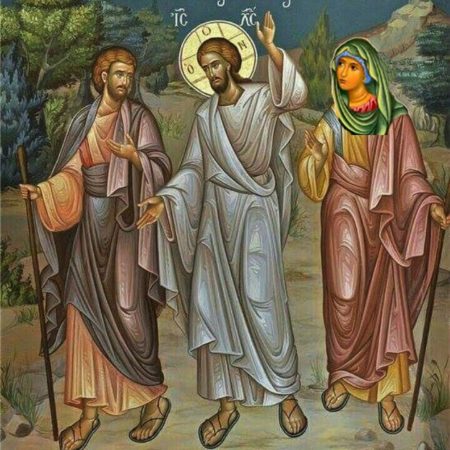The image of Jesus as the good shepherd can speak of tough life-on-the-line love, not just cuddling lambs.
Sermons on Faithfulness
God is passionately in love with us and longing to give us every good thing if we will respond to his love.
The author of Hebrews is concerned that the first-century believers will become distracted and discouraged, so he wrote the letter of Hebrews to exhort and encourage them. This passage also speaks to us today and tells us an important message so that we can stay on course in our spiritual journey and finish the race of life that God has set for us.
Stunning moments of spiritual clarity can be life-changing, but the real measure of our faithfulness is in how we live for the rest of the time.
In baptism we surrender to God’s claim on us and enter a vowed relationship and life which will have its ups and its downs but in which God is forever faithful.
Jesus asks us to assess the legitimacy of any ministry by its transforming and liberating outcomes for the world and its peoples.
God has promised a time of resurrection and renewal, and has given us guidance for living faithfully in the meantime.
Adversity, violence, and suffering can come as a consequence of not just sin, but of radical love, but with love it can strengthen and sharpen us for fullness of life.
The temptations faced by Jesus reveal common patterns in the demonic temptations that we face in our own lives.
The only measure of our progress in Christian faith is our love for others, including those we are least inclined to love.
The joyous message of Christmas demands a response from us all year round.
Being God’s people can be awkward. Our actions of love and care stand against the me-first culture, and to seek justice, love, and a better world.
God’s kindness is exceptional, and we too are called to be courageous in exceptional kindness and loyalty.
Jesus preached a vision of the Kingdom of God that re-orders our lives and communities, and finds an honoured place for those often excluded for not conforming to the pervasive norms of marriage and family.
God created us and set us in a network of relationships with God, with the creation, with one another, and with ourselves, and all four connections need to be maintained for health.
Where affluence creates consumers, abundance creates neighbours. It is the ethic of possessions which Jesus commends to us as a promise of how God deals with us.
The things we have we are to hold with open hands, looking with a generous eye for the oppotunities to share our resources in ways that make a difference.
God knows our tribulation and will keep us in the right way if we will trust to do right without fuss and without favour.
Like the Emmaus travellers, Jesus calls us to pay attention to what is happening in these strange times, to what makes our hearts burn within us, and so to be changed ready to live differently.
Jesus calls us to follow his lead in bringing healing, hope and positive leadership to others, and not to be too worried about anxious and vexatious criticism.

